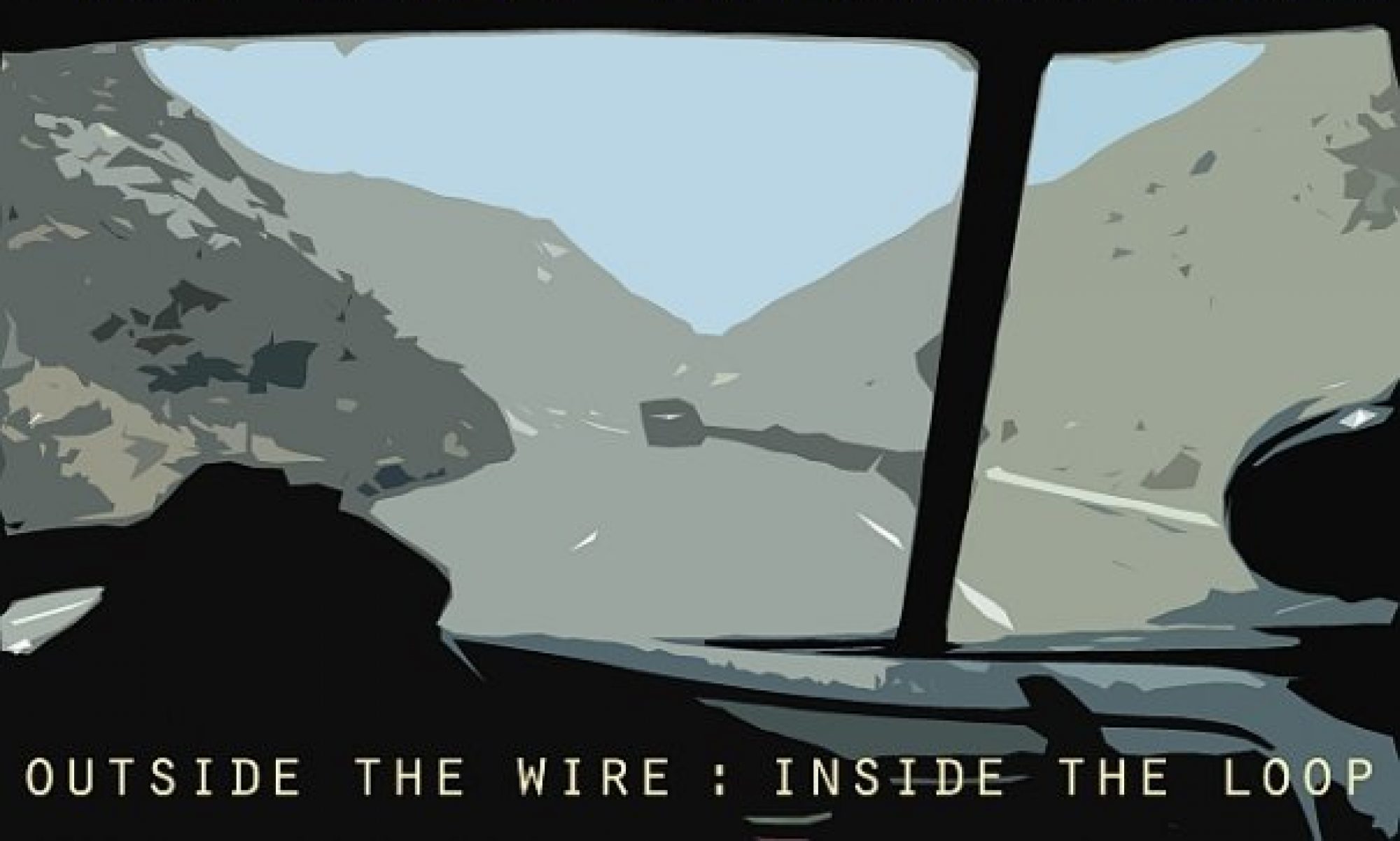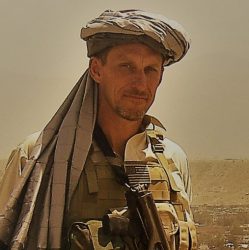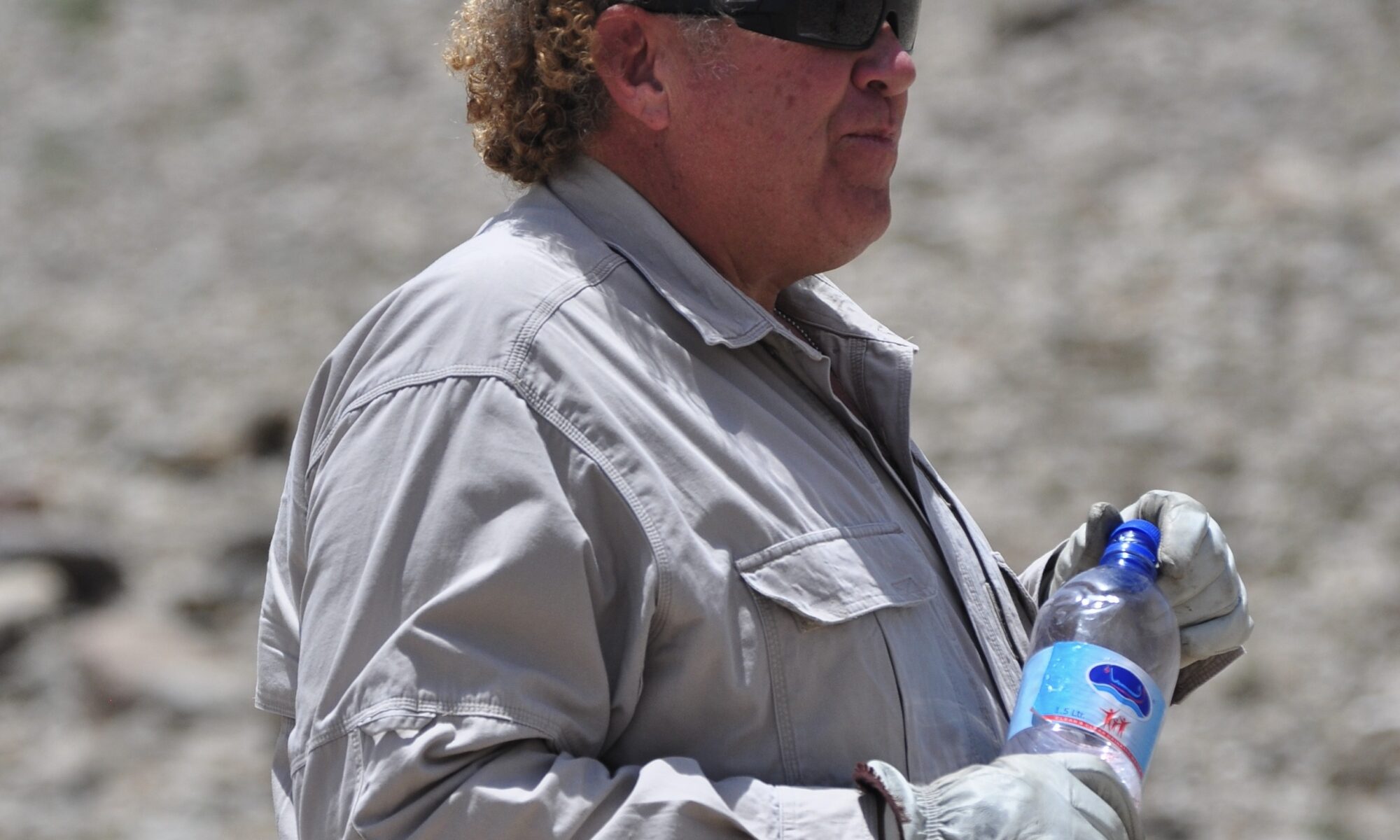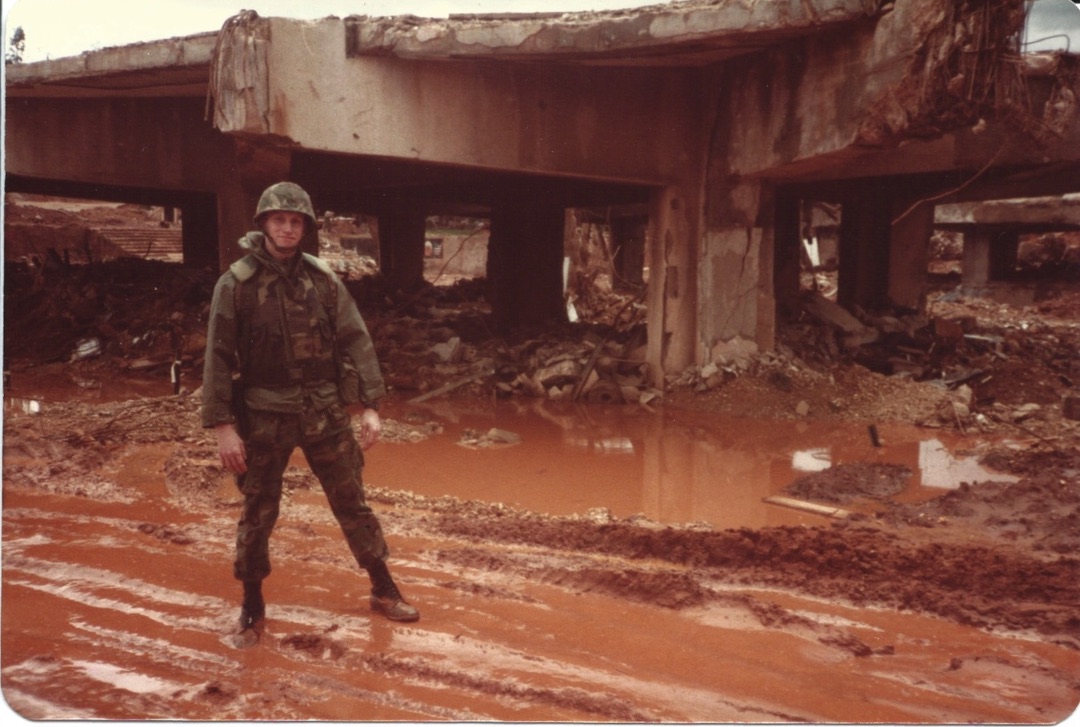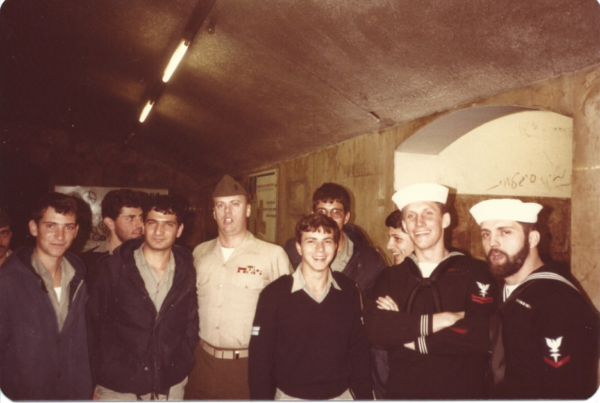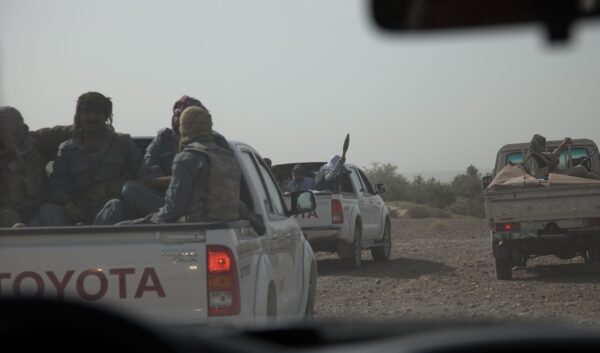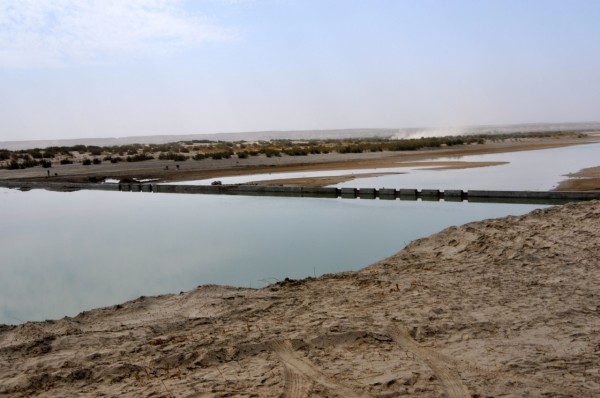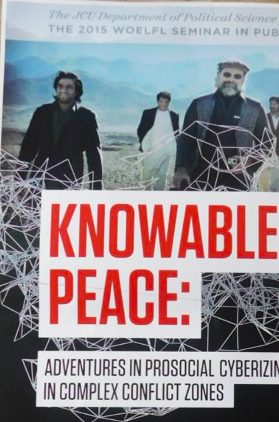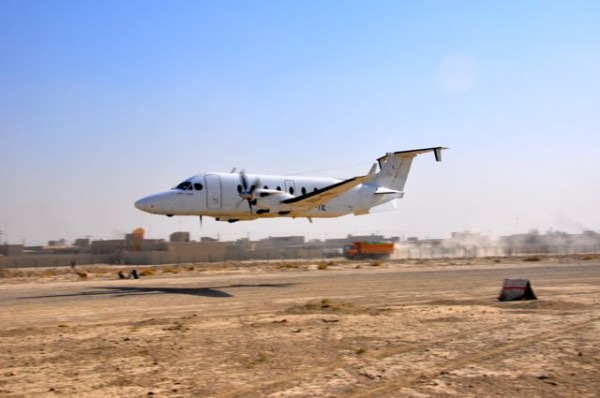This fictional short story first appeared in the Wrath Burning Tree in 2023
It was a typical Thursday night at the Taj Tiki Bar, tucked away off the Jalalabad–Kabul road in the Bagrami hamlet just outside the Jalalabad city limits. The Taj Guesthouse Tiki Bar was established by a UN road-building crew from Australia in 2003 and was the only bar in Eastern Afghanistan. The Taj was a three-building world-class guesthouse featuring a custom swimming pool that the Aussies built, which we filled with sand-filtered, freezing-cold well water. This being Afghanistan, Afghans were not allowed in the Tiki bar, and because Western NGO women frequented the pool, it was surrounded by a 40-foot bamboo screen. Bikini-wearing women cavorting in a pool with men is haram in Afghanistan and best kept out of public view.
During the summer of 2008, the Tiki Bar was busier than ever on Thursday nights during happy hour. The UN had withdrawn a year earlier, so the Taj became home to the Synergy Strike Force, an MIT FabLab, and the La Jolla Golden Triangle Rotary Club. My USAID-funded Community Development Program (CDP) was also located there. Since Jalalabad and San Diego are sister cities, the Rotarians actively funded projects to refurbish schools, build dormitories at Nangarhar University, and purchase modern equipment for the Nangarhar University Teaching Hospital.
The Synergy Strike Force was a San Diego-based group of high-end tech experts who aimed to “save the willing” by accessing unlimited funding from DARPA to refine their crowd-sourcing software. To bring the internet to the people, the founder of the Synergy Strike Force, a dual MD/PhD named Bob, convinced the National Science Foundation to fund the deployment of an MIT Fabrication Laboratory to the Taj Guesthouse, which came with two Graduate students to set it up.
The Tiki Bar had become so busy that I brought my son Logan, who had just graduated from High School, over to run the bar, allowing me to focus on supply. Buying beer was no problem, but getting it past the National Directorate of Security (NDS) checkpoint in the Kabul Gorge could be a real problem. I had already lost two sets of body armor and five bottles of booze to them, but they headed home early every Thursday, clearing the run back from Camp Warehouse long before the sun set.
There was a giant clay fireplace across from the bar for cold-weather operations, and the patio area between the main house, bar, and pool deck was filled with the usual suspects. NGO workers from the American aid giants DAI and Chemonics, two women from Deutsche Gesellschaft für Internationale, the attaché from the Pakistan consulate who had the hots for one of the German ladies, four agriculture specialists from the Japan International Cooperation Agency and the ever lovely and vivacious Ms. Mimi from Agence Française de Développement. Mimi had a male colleague who insisted on wearing a Speedo bathing suit in the pool area, but we let it slide because Mimi was a most attractive and agreeable guest who often stayed the night and spent Friday poolside.
A Blackwater crew from the Border Police training academy was there as usual, as was the brigade Human Terrain Team from FOB Fenty. There were two Air Force officers from the Nangarhar Provincial Reconstruction Team, technically in a UA status. One of them, an intelligence officer, was dating my Aussie running mate, Rory, which, in my opinion, was a lot of risk for marginal gain. As a retired Marine Corps grunt on the other side of 50 I might have been jealous; I was never sure.
The SSF crew was spending their last night in the country before heading back to the USA for the annual Burning Man festival. They were in rare form, as were the Rotarians from the La Jolla Golden Triangle Rotary Club, who were joined by Rotarians from Perth, Australia. Perth is a sister city to both San Diego and Jalalabad, who knew? The MIT grad students sent to start up the FabLab were immediately nicknamed the twins. They were TS (SCI) cleared rocket engineers from the Center for Bits and Atoms. Both were from New Jersey, both had long, jet-black hair, and smiled so much it made me uncomfortable; one was Chinese American, and the other was Indian American. They were seated at the bar with The Skipper – an EOD trainer who remained outside the wire, living with his Afghan trainees in a compound near the Jalalabad Teaching Hospital. The Skipper was a retired Navy Senior Chief EOD specialist who bore a striking resemblance to Alan Hale from the 1960s-era TV Show Gilligan’s Island. He had laid out a bunch of triggering switches he had collected from disabled IEDs and was taking notes as the Twins examined each with magnifying glasses. The Twins had the uncanny ability to recognize countries of origin and fabrication anomalies in the circuit work.
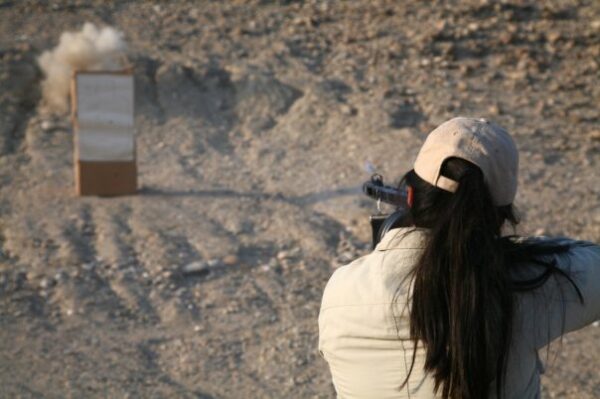
The Twins were trouble from the start because they proved indispensable. We expected computer geeks from MIT, not engineers who could fix or build anything without apparent effort. They rebuilt the Tiki Bar because they found the original construction to be faulty; they built shelving from wood scraps that were so impressive, they looked like museum pieces. They got bored one day and started working on the War Pig, our up armored Toyota Hi Lux, fabricating a turbo charger and, with the help of our house manager Mehrab and a local diesel mechanic, super charged the engine and lifted the suspension 3 inches so the new tires they “found” would fit the truck. Once done, they surmised the War Pig would run hot and fast on the hairpin mountain turns, which were a feature of the Kabul – Jalalabad highway, and they frequently jetted out of the front gate to drive like maniacs on the mountain roads when unsupervised.
The Skipper was a regular at the Tiki Bar every Thursday evening, drinking exactly two beers regardless of how long he stayed. The Skipper was superstitious; he insisted on driving himself, just as I did, but he was the slowest and most cautious driver I had ever seen in Afghanistan. He also never missed church on Sundays. After documenting the Twins’ comments on trigger switch construction and anomalies, he told the Twins he was heading into Khogyani district in the morning to blow some dud ordnance at the Border Police Training Academy. Friday, a weekend day in Islamic lands, should be quiet enough for them to tag along.
I agreed to join them to provide an extra hand if things went pear shaped so as dawn broke across the Nangarhar Valley on a scorching hot Friday I was poking along in The Skippers armored SUV with the twins. I was wearing body armor, with my 1911 pistol mounted in a chest holster, and I had my Bushmaster rifle with its 10.5-inch barrel and Noveske Vortex pig snout flash suppressor. We had discovered regular bird cage flash suppressors kicked too much gas and noise back into a vehicle, but the pig snout kicked it all out the end of the barrel, which resulted in a little additional muzzle flip but no gas blowing back in your eyes.
The Twins carried Glock 19s with two extra magazines in Kydex holsters, and they both sported WWII-era M3 .45-caliber Grease Guns. There were hundreds of old M3 submachine guns and 1911 pistols circulating in Afghanistan at the beginning of the War, and we had obtained more than our fair share somehow. The M3 was the only weapon that could be fired out of the muzzle port in the windshield of the War Pig. The poorly designed add-on armor from South Africa featured a V-shaped windshield with a firing port on the passenger’s side. But the angle of the bulletproof windscreen was so steep that the only weapon we could fire out of it was an M3 subgun held upside down with the bottom of the magazine facing the roof. The Twins liked them because it was easy to modulate the trigger and control them when firing on full auto.
We were poking along the hardball road leading into the foothills near Tora Bora when The Skipper stopped dead in his tracks. His Afghan EOD team driving behind him must have anticipated this because they stopped on a dime, too. “You smell that?” he asked as he opened his door, letting in an overpowering smell of cut hay and shredded leaves. His Afghans were out of their truck, looking up and down the road. The Skipper looked over at me and said, “IED”. That perked the Twins up as the Skipper explained that we should see a carpet of leaves covering the road ahead.
The road doglegged to the right, crossing a large culvert that channeled a fair-sized stream under the asphalt-paved road. The road was covered in a several-inch carpet of leaves, but I could detect no blast signature. We got out of the trucks and started looking around, trying to figure out what had happened, when an Afghan National Army (ANA) patrol pulled up with many villagers in the back of their pickups. The villagers told us there is a bomb in the culvert we’re standing on. The Afghan team leader asks what had just blown up, and an elder pointed downstream and said, ‘The man who put the bomb in the culvert.”
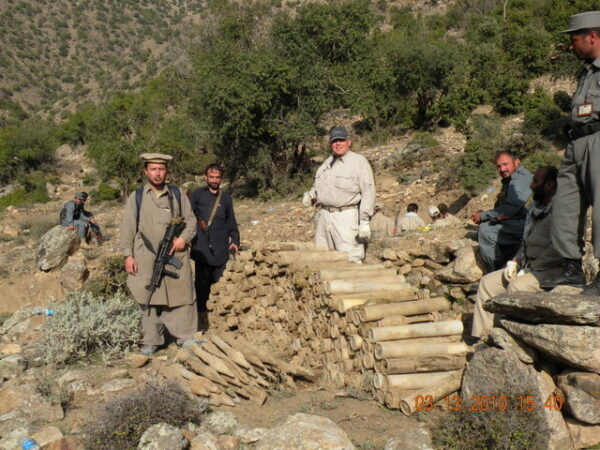
The Skipper retrieved one of those fisheye mirrors used for vehicle searches from the back of his truck, along with a powerful Surefire flashlight, and gave them to his EOD techs. One of the EOD techs lay on his belly and held the mirror in front of the drainage pipe while one of the other EOD men shined the flashlight into the culvert pipe. They spot the IED immediately – The Skipper and the Twins look and see it too; a pressure cooker on a vehicle jack stand jammed up against the top of the culvert pipe with a blasting cap inserted into a hole in the lid and wire running out of the drainage pipe heading downstream.
The Skipper called the IED into the American Army brigade headquarters at Forward Operating Base Fenty, and they instructed us to stay on scene and wait for the route clearance package to lead the EOD team out to recover the IED. The Skipper acknowledged them, but we knew waiting for the army was a non-starter. They would take at least 8 hours to roll out of the gate and another two to get to us; there was no way the ANA would keep a road closed that long. He looked at the Twins and said, “let’s blow this bitch up”. They broke into radiant smiles and immediately started organizing a work area on the tailgate of our truck.
The Skipper retrieved four bricks of C4 and handed them to the Twins, who taped them tightly while he unspooled some detonation cord. The Twins then wrapped the bricks tightly with the det cord and gave them to the Afghan EOD techs. Along with the ANA troops, they glued the charge to a piece of cardboard and then taped it to a five-gallon water jug some local kids had taken down the creek to top off.
The Twins conned The Skipper into giving up his blasting caps so they could prime the charge. The Afghan EOD men attached about 10 feet of shock tube to the charge and, using 550 cord, lowered the water jug over the mouth of the culvert. A few of the ANA troops and some local teenagers had stopped up the downstream end of the pipe that was now filling with water. The other ANA troops were with the EOD techs in the stream bed, making a big show of lining up the shot correctly. Once the shot was perfectly lined up, they threw a yellow smoke grenade into the pipe and scrambled up the stream bank.
When the smoke flowed out of the pipe, the senior Afghan EOD tech looked at the Skipper, who nodded his head while putting on a set of high-end hearing protectors. The Twins and I had foam earplugs, which we fished out of our pockets before sitting on the folding beach chairs the Skipper carries around for such occasions. With the smoke billowing out, the techs and ANA soldiers yelled ‘fire in the hole’ three times (in English) and the senior EOD man shot the charge.
The C4 went off with a giant WHOOMP; it’s a slow-burning explosive, so it doesn’t evaporate the water, but instead pushes it down the pipe at around 26,000 feet per second. The kinetic energy neutralizes the IED, and the water renders the explosive components inert. A giant gush of yellow-tinted water erupted out of the downstream end of the culvert pipe, arcing over the creek bed for about 100 feet before slamming into the trees like a wave. The water then exploded into the sky, slowly dissipating in a rainbow of colors suspended in the air for 45 seconds.
There were dozens of local people from nearby villages, and the stalled traffic, watching us, erupted in cheers, laughter, and shouts. Their kids were excitedly dancing, laughing, and clapping; local men came up to take pictures with the ANA troops and the EOD team. The Skipper looked over with a big broad smile and said to me “can you believe we get paid to do this shit”? I could not, nor could the Twins who were self-funded volunteers and not making a dime during their time in the Stan but still happy to be here with us.
The Skipper lost his dream gig in 2011 when the position was eliminated, and he moved onto the big box FOB on Bagram. His company felt it was no longer safe for him to free range outside the wire, and they were probably right. Someone in Nuristan had taken a shot at the Skipper that missed due to a low-order detonation caused by incompetent and poor waterproofing. So, despite his willingness to stay, it was time for him to go. For the three years he roamed around Nangarhar, Nuristan, Kunar, and Laghman provinces, removing the boom from local towns and villages while making a lasting impression on the Afghans. They loved him and he, in return, posed for hundreds of pictures, while patiently fielding complaints about ISAF, the Afghan government, and various American administrations from local elders. The Skipper had balls the size of grapefruit, and he never hesitated to go into Indian Country with just his Afghan EOD crew when called.
The Skipper, like every heavily armed humanitarian I knew, made it home safe and sound after staying in Afghanistan (on FOBs) until 2015. He never talked about his free-range past because none of the people he worked with believed his stories. That was a common occurrence among us, outside-the-wire contractors in Afghanistan. Only a few of us invested the time it took to learn the language and put our skin in the game. Like the Skipper, those who did were rewarded with a veil of protection by the local people. That may have been a minor accomplishment in the big scheme of things, but it was a worthy one that came with no small amount of pride. We were able to go places and do things that would have gotten us killed ten times over had we still been in uniform. And that little bit of special pride is borne in silence by us these days because nobody believes that we lived outside the wire with the Afghans, for years, and enjoyed every minute of it.
